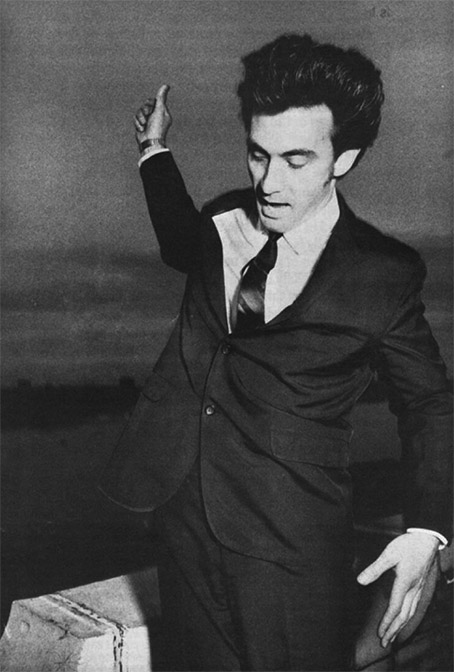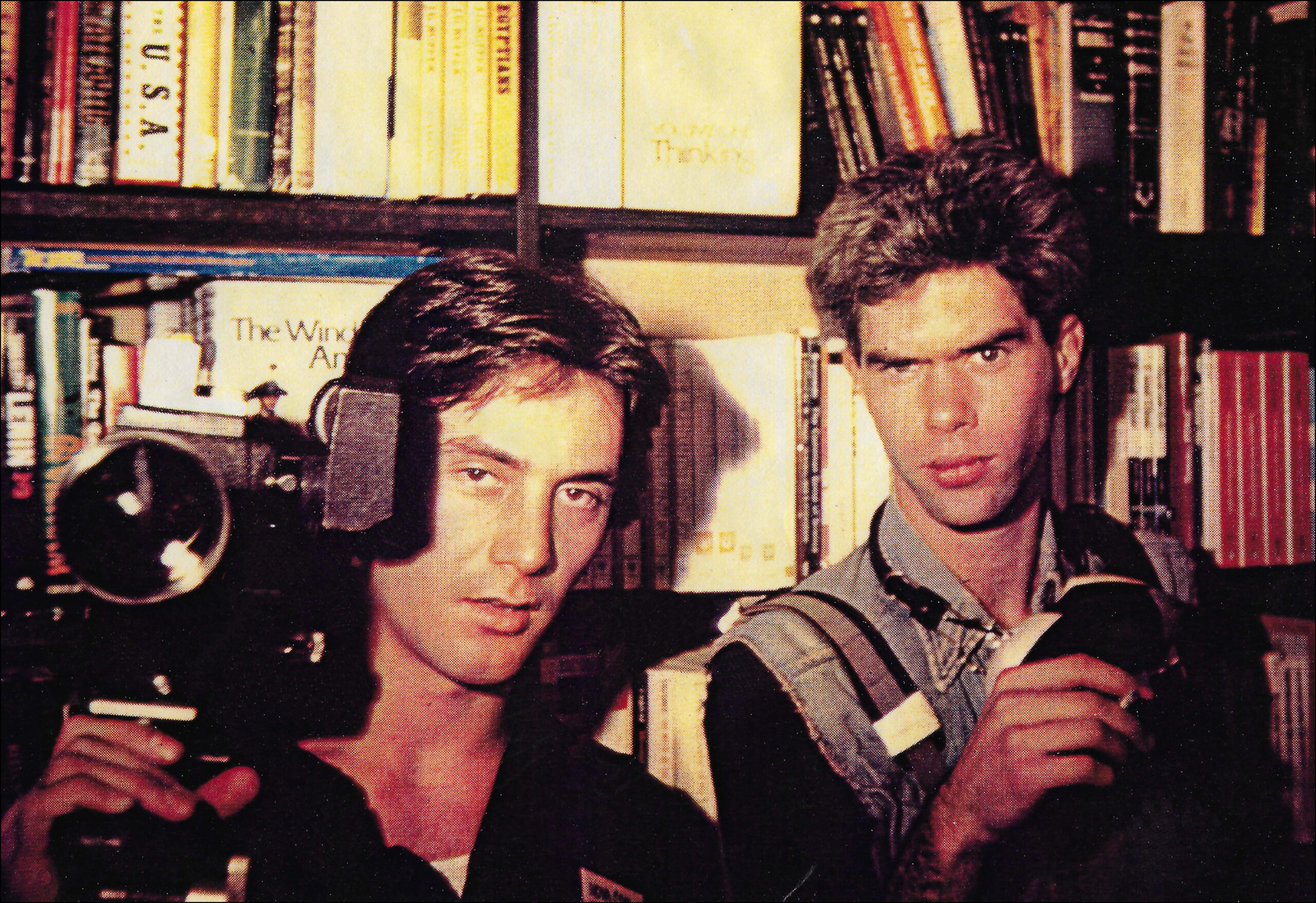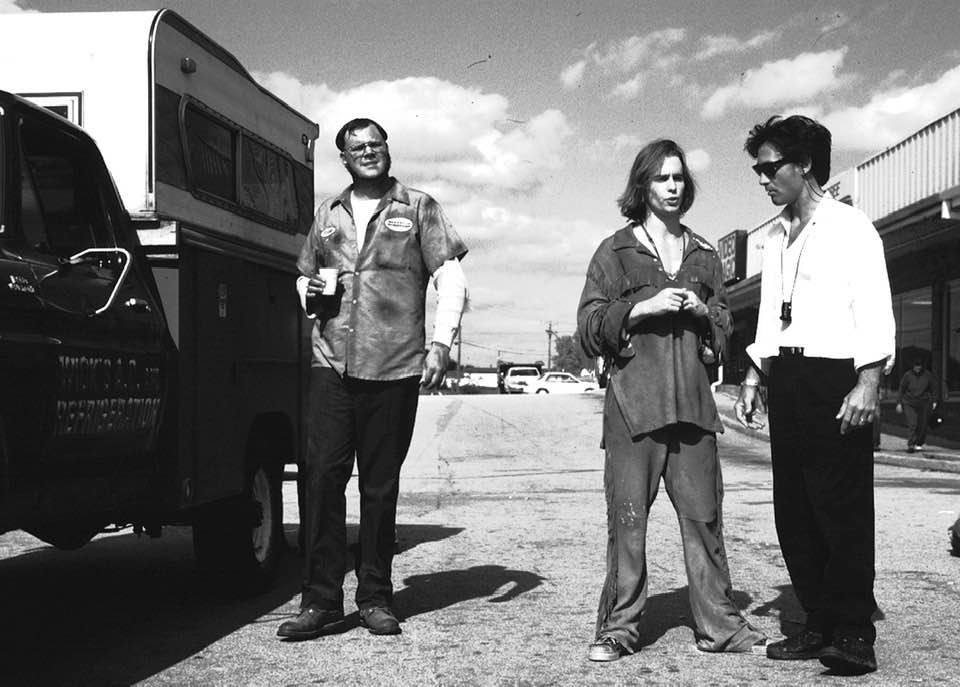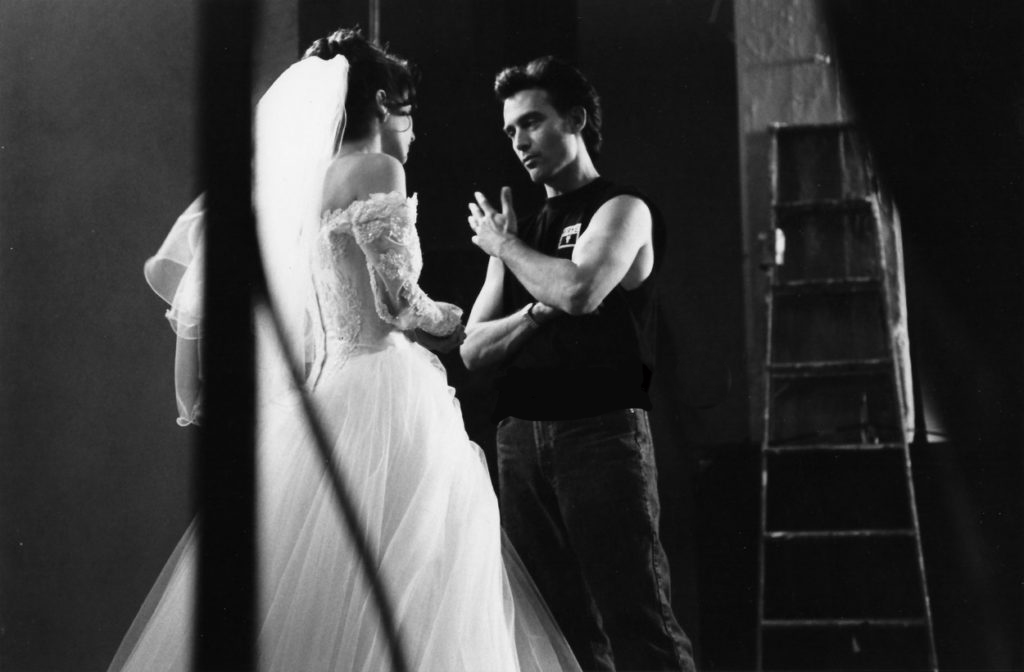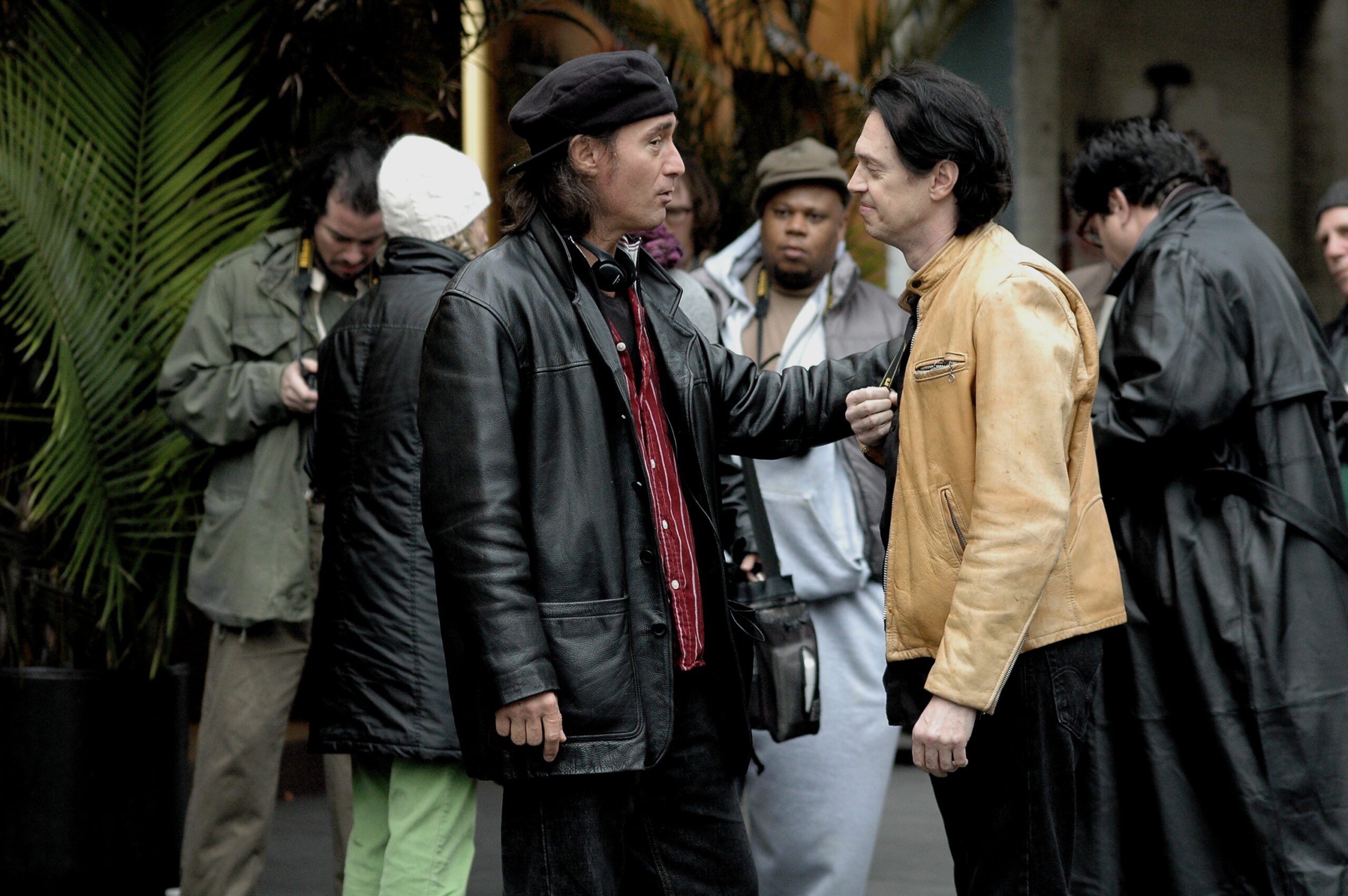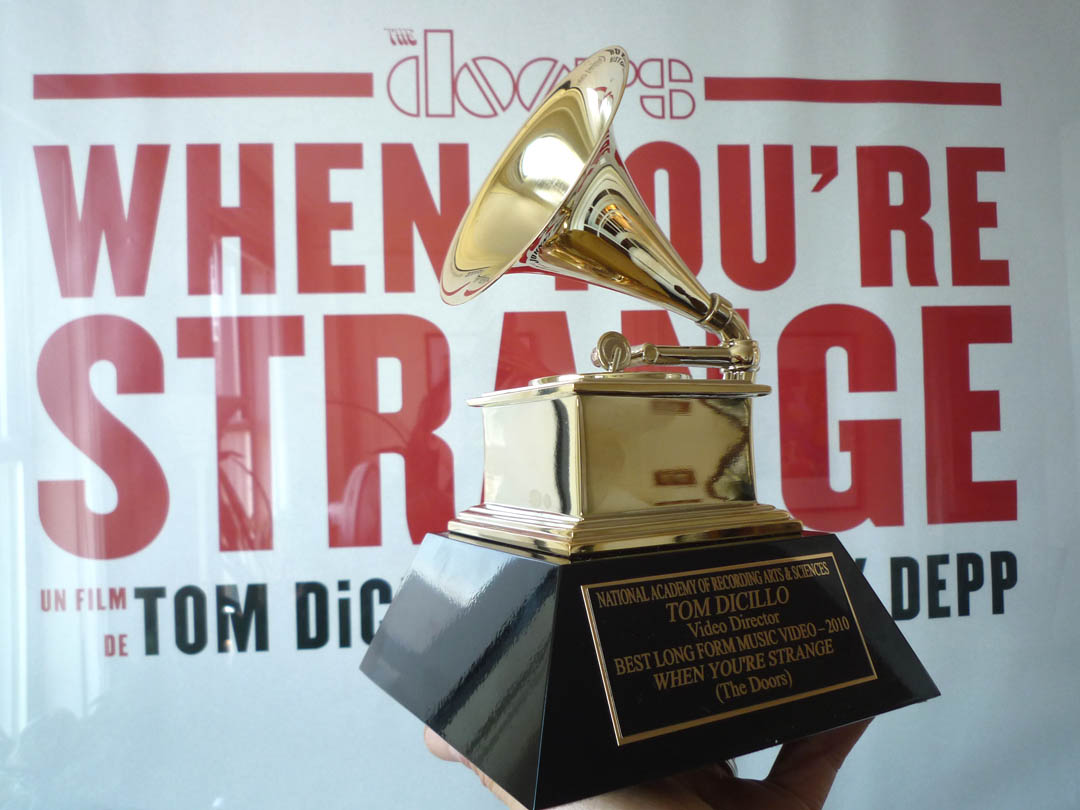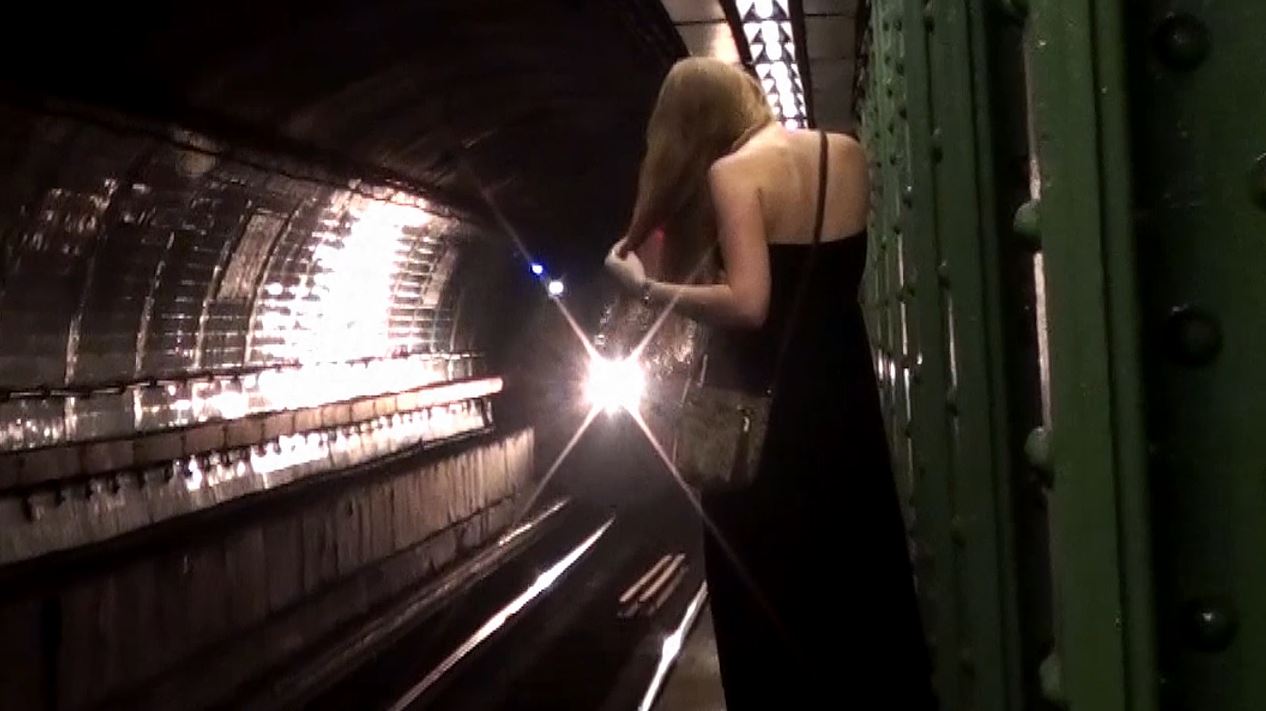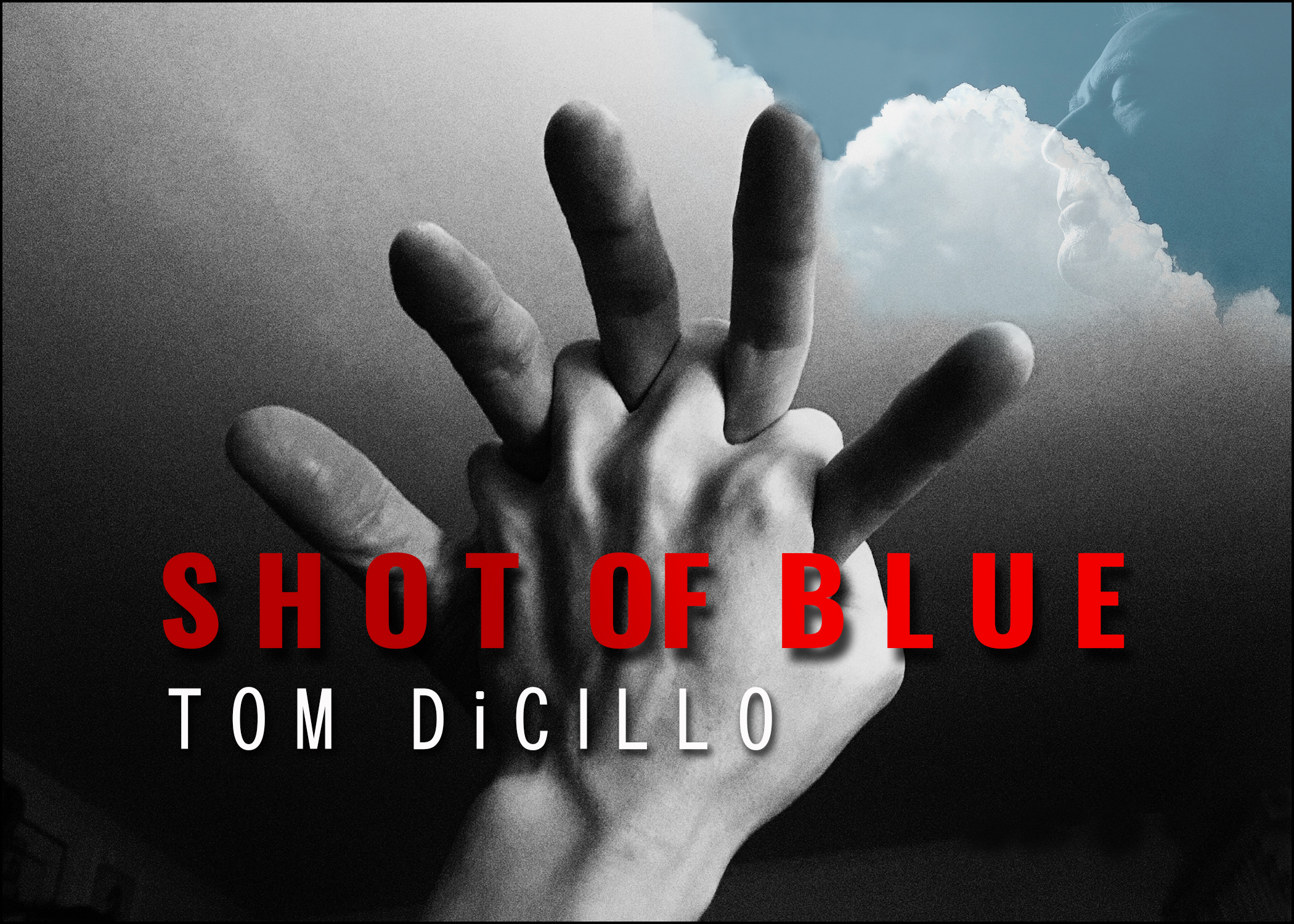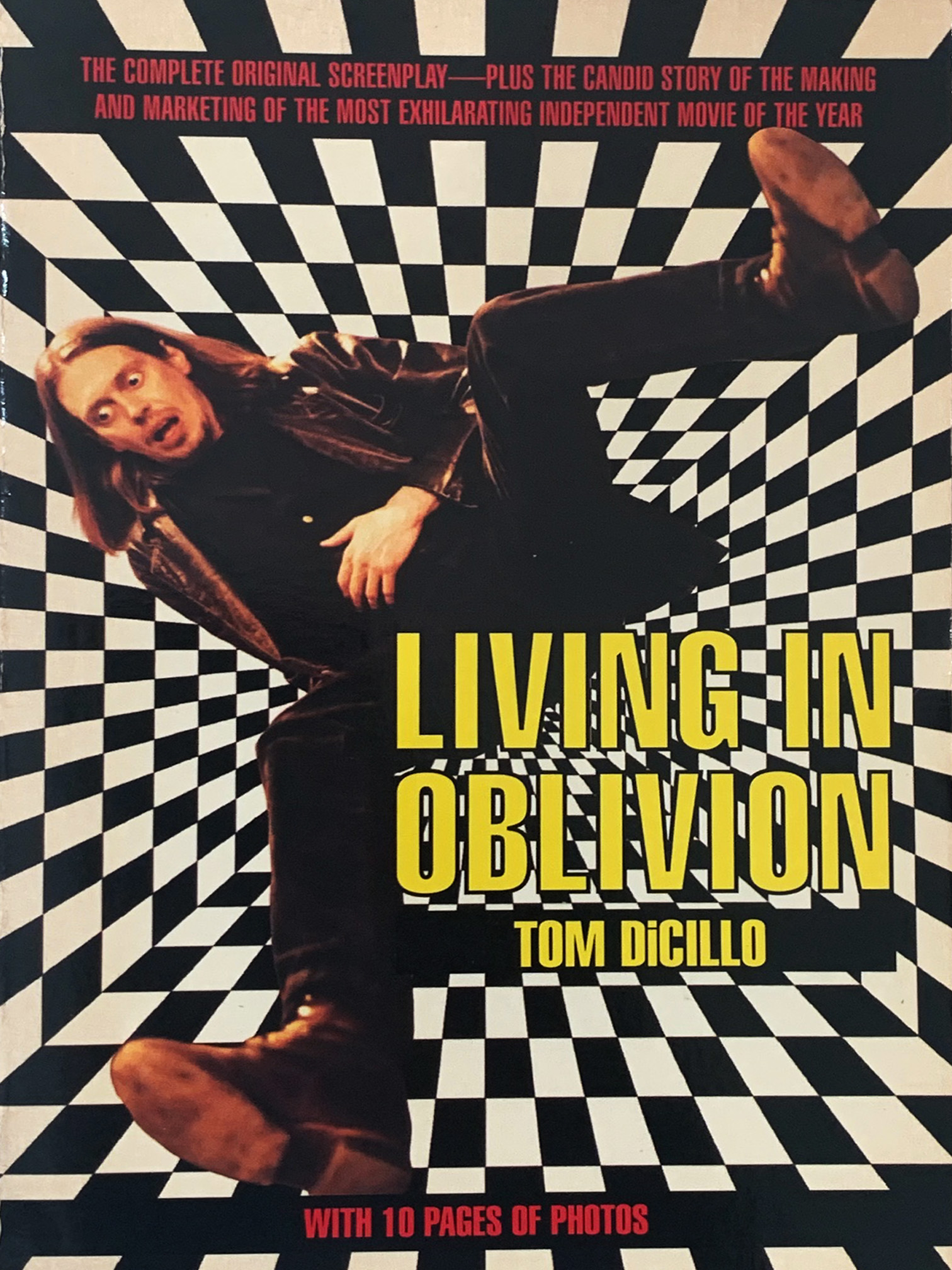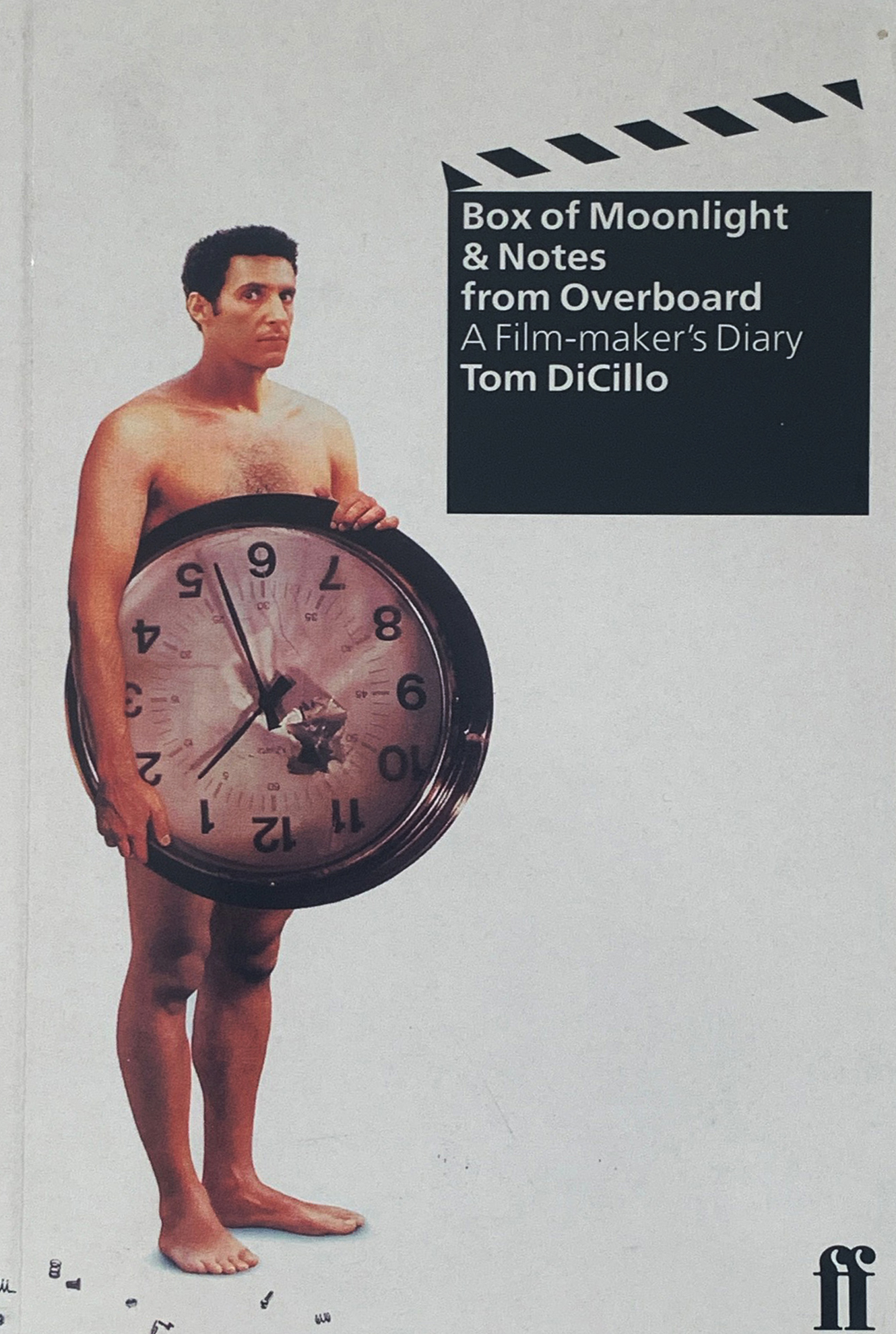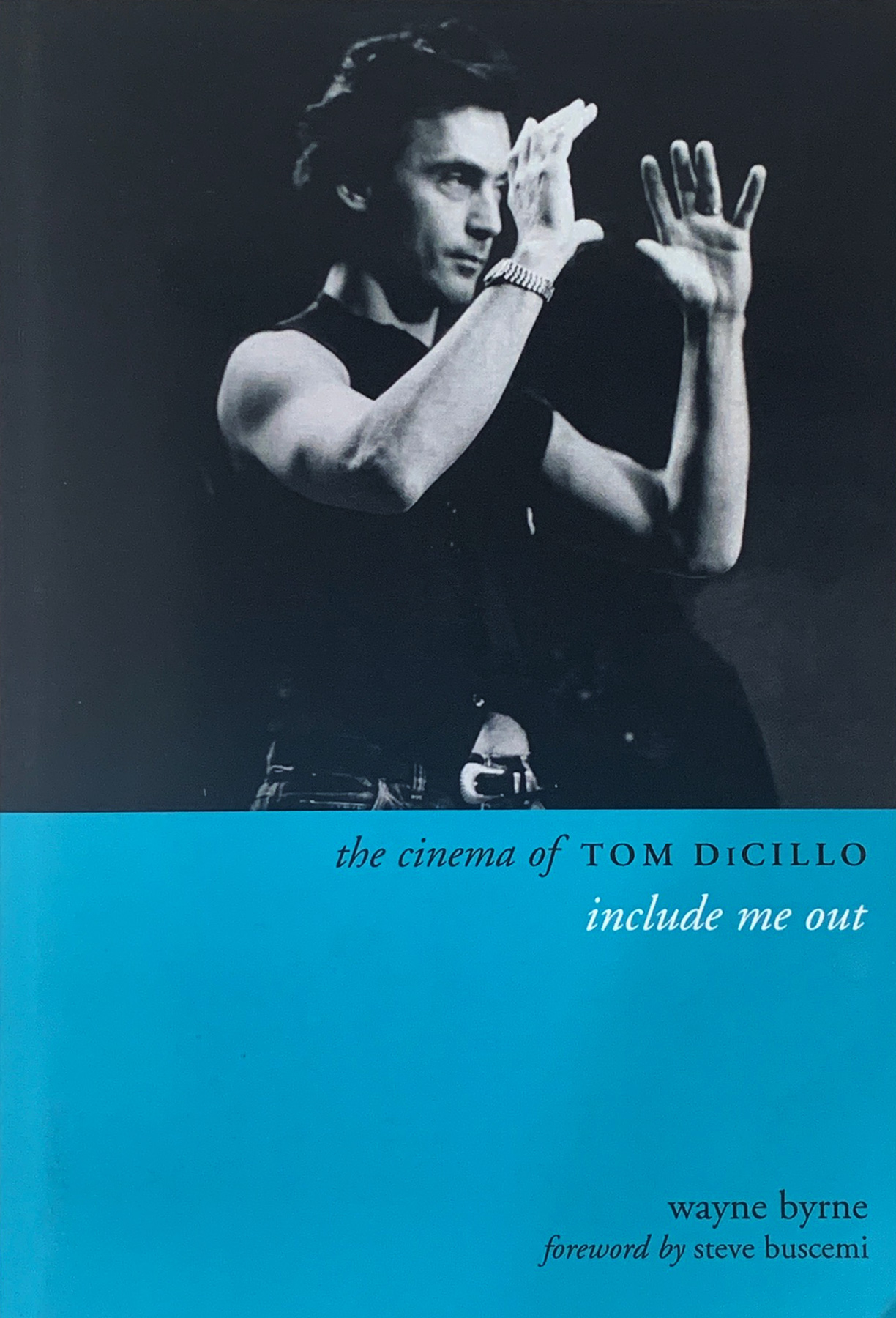TOM DiCILLO is one of the founding members of the American Independent Film movement that began in New York City in the late 1970’s.
“That was an incredible time to be in New York,” DiCillo recalls. “Everybody was working on everybody else’s film. Nobody knew how to do anything. Everyone was a first-timer but no one cared. That’s what was so exciting—everything was possible.”
DiCillo moved to NYC in 1976 to attend NYU Graduate Film School. He received an MFA in Directing, having written and directed six short films, one of which, God Save The King, won the Paullette Goddard Scholarship award.
He also worked as Director of Photography, shooting several feature films, including "Burroughs" and "Stranger Than Paradise" for classmates Howard Brookner and Jim Jarmusch.
After graduating, DiCillo began studying acting. He performed in numerous Off-Off Broadway plays including "Johnny Suede," a 1-Man Show he wrote and starred in. The success of the show prompted DiCillo to adapt it into a screenplay.
1n 1991, DiCillo made his directorial debut with Johnny Suede, starring Brad Pitt and Catherine Keener. The film won Best Picture at the Locarno Film Festival but it was his next film, Living In Oblivion, that introduced him internationally as a filmmaker. The film stars Steve Buscemi and Catherine Keener, with Peter Dinklage in his first film appearance as a dwarf who is angry he’s been cast in a dream sequence.
Living In Oblivion won the Best Screenplay award at the Sundance Film Festival and marked DiCillo’s continuing collaboration with Catherine Keener for whom he’d written the film. Keener starred in DiCillo’s next film, Box of Moonlight, which also introduced Sam Rockwell in one of his first film roles.
DiCillo continued to develop his unique blend of humor and pathos in his next three films, The Real Blonde, Double Whammy and Delirious. Delirious won Best Director and Best Screenplay at the San Sebastian Film Festival and reunited DiCillo with Steve Buscemi in a part DiCillo wrote specifically for him.
In 2010 DiCillo wrote and directed the feature documentary, When You’re Strange, the first documentary to tell the story of The Doors. The film was narrated by Johnny Depp and won a Grammy for Best Direction.
DiCillo went completely solo on his next film, a feature documentary called Down In Shadowland. Using a small, hand-held camera, DiCillo spent 7 years shooting underground in the the New York subway system. He was able to capture moments of "haunting intimacy, violence and beauty" that had engrossed him since he’d first moved to NYC. The film features a soundtrack by Brian Eno, Trentemoeller, Bonobo, Hol Bauman and DiCillo. The film premiered at the Woodstock Film Festival.
DiCillo is also an accomplished musician. In addition to scoring some of his films, he wrote and recorded his first album of original songs in 2013. HURT ME TENDER was made with guitarist Will Crewdson and singer and bass player, Grog Lisee. They joined DiCillo in a band called The Black & Blue Orkestre.
DiCillo's new album, SHOT OF BLUE, is his first solo release. The 12 original songs tangle with Love in all its Agony, Ecstasy...and the many things in between. The album continues DiCillo’s interest in blending his favorite musical genres; Surf, Hip Hop, Spaghetti Western and Electronica. His sound has been described as "Elvis meets Johnny Cash in a David Lynch surf bar."
DiCillo explains his love of writing and recording music. “It’s all spontaneous. You get an idea, you plug in the guitar and you record something. You do it just the way you want, right when you want. I love filmmaking; just not the part where you spend four years trying to raise the money. The creative joy of making music is instantaneous.”
Publications
Tom DiCillo is also the author of two books, “Eating Crow,” and “Notes From Overboard,” which detail his experiences making his films Living In Oblivion and Box of Moonlight.
There are several books about the cinema of Tom DiCillo, but "Include Me Out" by Wayne Byrne includes in-depth interviews with DiCillo and goes into great detail on every film.
